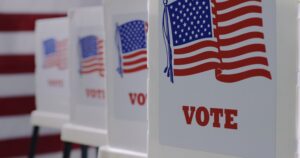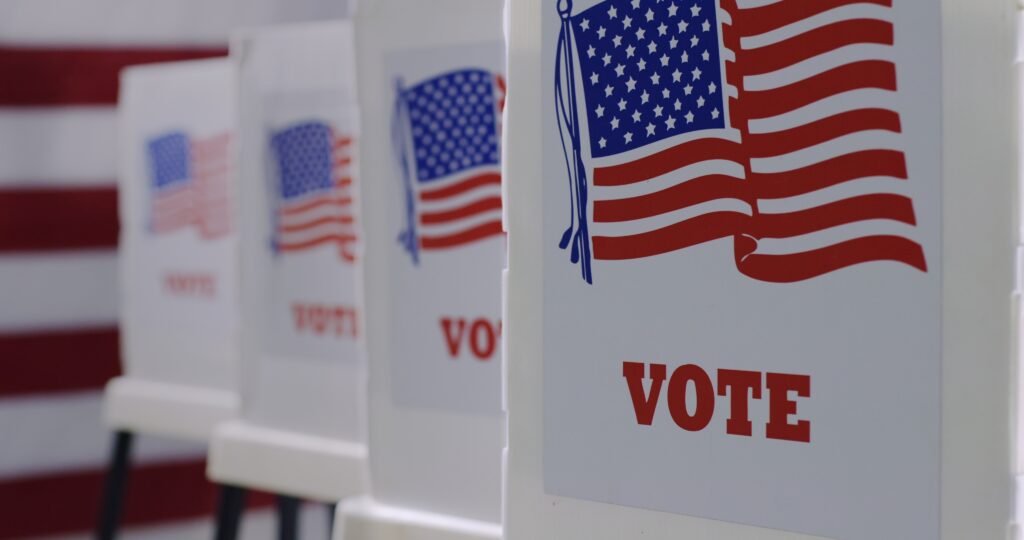New Analysis Reveals Each Brewery Job Supports 45 Additional Jobs in Other Industries
Beer Institute Honors Labor Day and the Economic Contribution of the 2 million Americans at work because of beer
WASHINGTON, DC — This Labor Day, a new analysis and infographic from the Beer Institute demonstrates how one job inside a brewery supports another 45 jobs outside. From farmers to factory workers, and truck drivers to tavern owners, beer puts people to work.
“Today we toast to the industry’s 2 million men and women who make it possible for Americans to enjoy their favorite beer,” said Jim McGreevy, Beer Institute President and CEO. “America’s preference for beer is a huge boon to the national economy and the American worker.”
According to an economic study jointly commissioned by the Beer Institute and the National Beer Wholesalers Association in 2012, U.S. brewers and beer importers are the foundation for an industry that employs more than 2 million Americans, directly and indirectly. Beer also contributed $246.6 billion to America’s economy and generated $49 billion in local, state and federal taxes.
A Beer Institute analysis showed that each job in a brewery supports other jobs in the agriculture, business and personal services, construction, finance insurance and real estate, manufacturing, retail, transportation and communication, travel and entertainment and wholesale sectors.
However, more than 40 percent of what consumers pay for a beer goes to taxes. Currently pending in Congress, the bi-partisan Brewers Excise and Economic Relief (BEER) Act of 2013 would significantly reduce the federal excise tax on beer drinkers. Specifically, the BEER Act would roll back the federal excise tax from $18 for every 31-gallon barrel to $9 a barrel. For brewers producing less than two million barrels annually, the rate would be reduced to $3.50 on the first 60,000 barrels; and for those brewing less than 15,000 barrels, the federal excise tax would be eliminated.
“Most consumers are surprised to learn that, on a national average, taxes are the most expensive ingredient in their beer,” said McGreevy. “The BEER Act would protect consumers from a hidden and outdated tax and encourage expansion and growth in an American industry that puts millions of men and women to work.”
For more information about the economic impact of beer in the U.S., including state and Congressional district data, please visit www.BeerServesAmerica.org.
Editorial Notes: A high-resolution version of the Labor Day Beer Economy infographic is available for download as PDF and JPEG. To request an interview with Beer Institute President and CEO Jim McGreevy, please contact Chris Thorne at cthorne@BeerInstitute.org.
###
The Beer Institute is the national trade association for the American brewing industry, representing both large and small brewers, as well as importers and industry suppliers. First founded in 1862 as the U.S. Brewers Association, the Beer Institute is committed today to the development of sound public policy and to the values of civic duty and personal responsibility: www.BeerInstitute.org. Connect with us @BeerInstitute and on Facebook.













